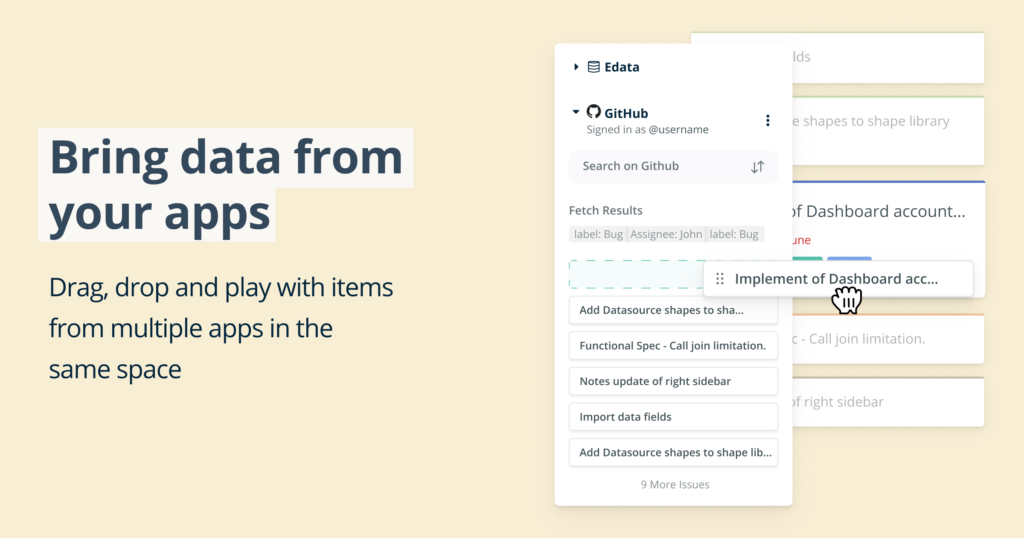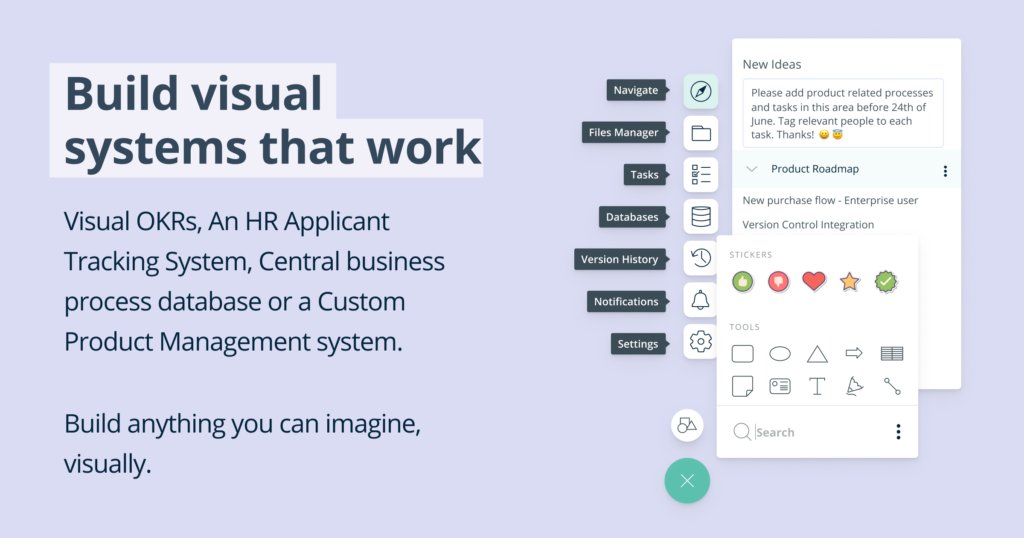Non functional requirements – help, these are too hard to do!
Non functional requirements are the black sheep of the requirements world because it is more technical in nature and is the types of requirements you need but don’t necessarily ever see or directly experience as an end user. This is why non functional requirements are often neglected when it comes to requirements analysis and the documentation stage of any project. This article describes what the key non functional requirements categories are with a few examples.
What are non functional requirements?
If you look at the BABOK Guide’s definition of the term non functional requirements you will notice that it is described as a type of Solution Requirement. This is because non functional requirements are the requirements that describe the underlying qualities of a system rather than what specific functions we expect the system needs to be able to perform.
Let’s now have a look at some of the main categories of non functional requirements:
- Compliance
Compliance non functional requirements cover the broad range of specifications to ensure that the solution conforms to rules, such as a specification, policy, standard or law set by both internal and external parties to the organisation.
Example Compliance Non Functional Requirement: “All application data must be stored in compliance with the Information Security Data Storage Protection standards.”
- Performance
Performance non functional requirements cover the system qualities that are concerned with the speed of operation of a system; how well a function is to be executed and/or achieved.
Example Performance Non Functional Requirement: “The solution must provide for a current user base of 5,900 (as at Jan 2015), with expected number of users to increase by 2.37% each month for the next 24 months.”
- Reliability
Reliability non functional requirements cover the system qualities concerned with the ability of a system to perform its required functions under stated conditions for a specific period of time.
Example Reliability Non Functional Requirement: “The solution shall be operational 24 hours a day, 7 days a week”
- Security
Security non functional requirements cover the system qualities concerned with ensuring the safety, confidentiality and integrity of the total solution; includes software, hardware, communications, user access and devices.
Example Security Non Functional Requirement: “The system must authenticate a user via a user login ID and password.”
- Support-ability
Support-ability non functional requirements cover the system qualities concerned with the ease of changes to the system after deployment. Also describes the ease with which the system can be learned or used.
Example Support-ability Non Functional Requirement: “All servers are required to have vendor support.”
- Usability
 Usability non functional requirements cover the system qualities concerned with the ease with which a user can learn to operate, prepare inputs for, and interpret outputs of a system or component. These non functional requirements measure a products’ potential to accomplish the goals of the user.
Usability non functional requirements cover the system qualities concerned with the ease with which a user can learn to operate, prepare inputs for, and interpret outputs of a system or component. These non functional requirements measure a products’ potential to accomplish the goals of the user.
Example Usability Non Functional Requirement: “The application shall be usable by persons with auditory disabilities.”
Ask for help with non functional requirements
If you are a Business Analyst that doesn’t have a very technical background and are unfamiliar with non functional requirements, go and find a more experienced or technical business analyst or even a solutions architect to help you out. Although non functional requirements gathering can be quite daunting if this is unfamiliar territory, you will often be able to find a previous set of non functional requirements that was created by someone else for you to reference as a starting point. Good luck!





